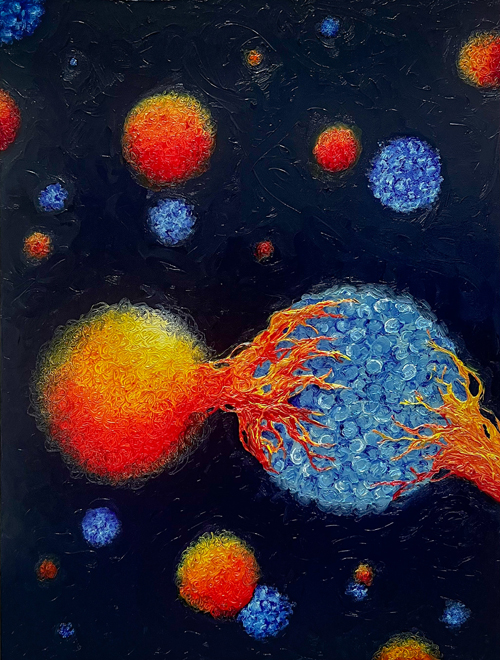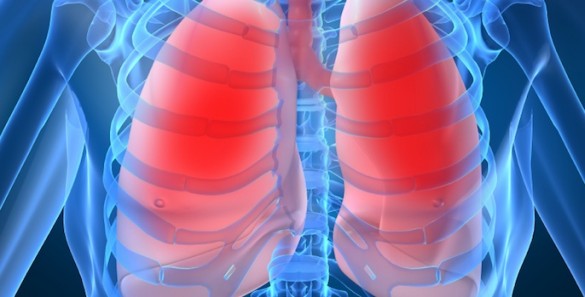Interleukin 15 (IL-15), a cytokine cell signaling molecule, is essential for the maintenance and function of natural killer (NK) cells and CD8-positive (CD8+) T cells. Edward Sherwood, M.D., Ph.D., and colleagues previously showed that NK cells and CD8+ T cells facilitate the pathobiology of septic shock, a life-threatening condition involving organ injury caused by infection.
Now, in studies led by postdoctoral fellow Yin Guo, Ph.D., the researchers demonstrate that IL-15 promotes sepsis by maintaining NK cell numbers and integrity.
They showed that mice missing the gene for IL-15 had improved survival, reduced hypothermia and less proinflammatory cytokine production during experimentally induced septic shock. Administering IL-15 superagonist to the mice regenerated NK and CD8+ T cells and re-established the mortality of septic shock.
The study, published in the Feb. 1 Journal of Immunology, was featured by the “In This Issue” section, which highlights articles considered to be among the top 10 percent of articles published by the journal.
This research was supported by grants from the National Institutes of Health (GM066885, GM104306).
Send suggestions for articles to highlight in Aliquots and any other feedback about the column to aliquots@vanderbilt.edu















